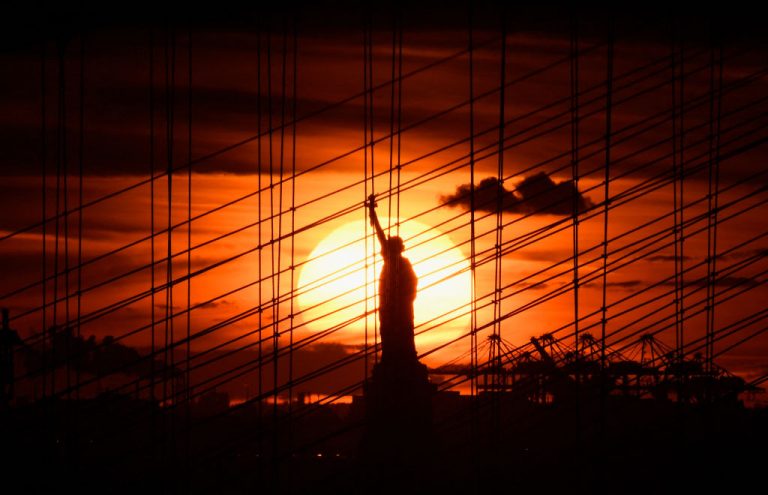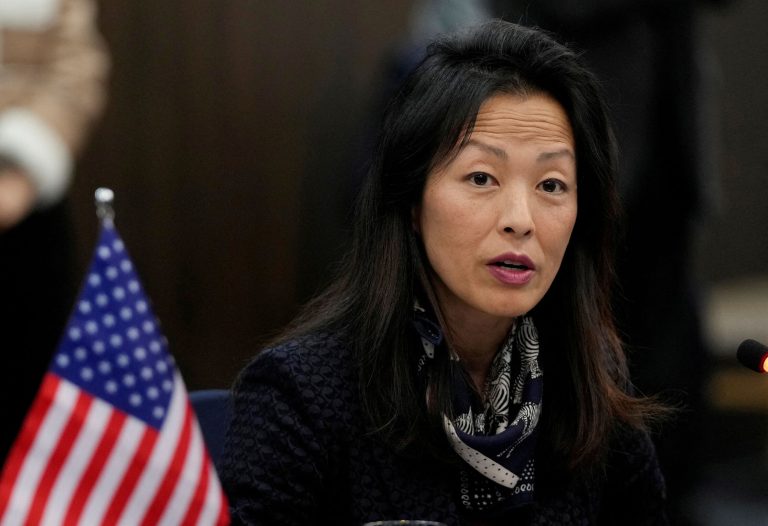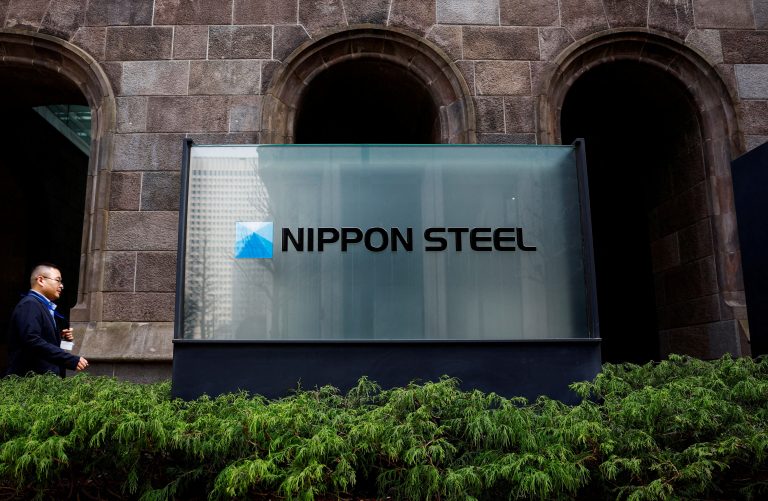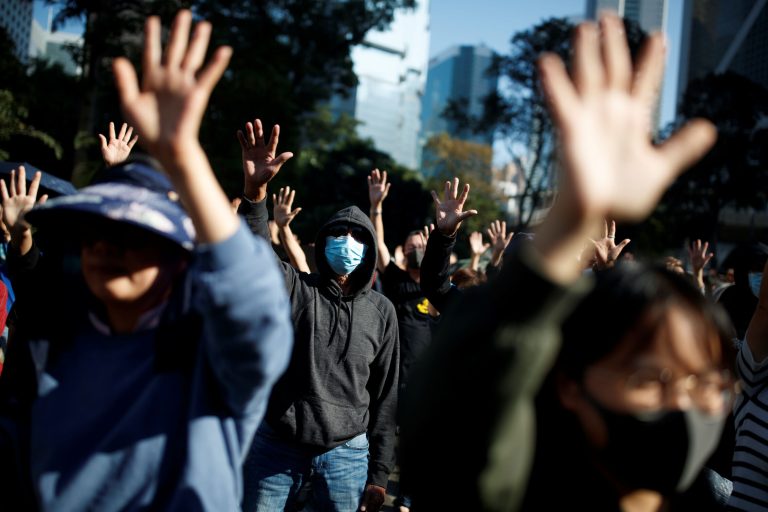Taiwan has formally been invited to Washington’s “Summit for Democracy” scheduled to be held next month. The island is one of the 109 nations that have been invited to the event. Nations like Egypt, Turkey, Russia, and Communist China have been excluded from the conference.
The summit was proposed by President Joe Biden in February when he pledged to make America the leader against authoritarian forces. The virtual event, scheduled to be held over two days between Dec. 9 and 10, is aimed at preventing democracy from weakening as well as protecting freedoms and rights internationally.
According to the foreign ministry of the Republic of China (Taiwan’s formal name), the island will be represented by its de facto ambassador in Washington, Hsiao Bi-Khim, and Digital Minister Audrey Tang.
“Our country’s invitation to participate in the ‘Summit for Democracy’ is an affirmation of Taiwan’s efforts to promote the values of democracy and human rights over the years,” the ministry stated.
Xavier Chang, the spokesperson for Taiwan’s presidential office, thanked Biden for the invitation. Chang promised that the island would be a “force for good” in the international community. Taipei will “cooperate firmly” with like-minded nations to safeguard democracy, human rights, and freedom as well as protect regional stability and peace, Chang added.
Success
You are now signed up for our newsletter
Success
Check your email to complete sign up
Beijing reacted sharply against the invitation. The People’s Republic of China (PRC) foreign ministry said that it was “firmly opposed” to Taiwan’s invitation since the island is an “inalienable part of Chinese territory.”
Beijing sees Taiwan as a wayward province that must be brought under its control by the use of force if necessary. The communist regime warned that Washington was making a “mistake” by sending the invitation.
Zhu Fenglian, the spokeswoman for the PRC Taiwan Affairs Office, insisted that the U.S. stick to the “One China” principle and stressed that Beijing opposes “any official interaction” between Taiwan and the United States.
“US actions only go to show democracy is just a cover and a tool for it to advance its geopolitical objectives, oppress other countries, divide the world and serve its own interests,” Fenglian told reporters.
In August, the Chinese state-backed media outlet the Global Times warned Washington against inviting Taiwanese president Tsai Ing-wen to the summit. There would be “severe escalation” if Tsai participates in the summit, the outlet warned.
“I’m really not sure if Beijing’s bottom line is simply that Tsai not be allowed to participate… But she won’t be invited, so maybe they can tell their domestic audience that the US backed down in the face of Chinese pressure,” Bonnie Glaser, director of the Asia Program at the German Marshall Fund of the United States, told The Guardian.
Some have found flaws with the summit.
In an article for The Epoch Times, Anders Corr, principal at Corr Analytics Inc, stated that the summit has not invited some authoritarian nations that have been less aggressive territorially and are good allies of the United States. Corr warns that the exclusion of such nations is a “diplomatic snub” that makes them vulnerable to Beijing’s manipulation.
Some countries friendly with the U.S. that have been excluded from the summit include Thailand and Singapore, which are run by a monarch and a de facto single party system, respectively.
“We need to recognize a continuum of authoritarianism, from better authoritarians who side with the world’s market democracies, and should be rewarded and encouraged for doing so, to worse ones, who side with Beijing. The worse the dictator, the more they should be excluded from all the benefits and privileges of respected membership in the international system,” Corr states.















